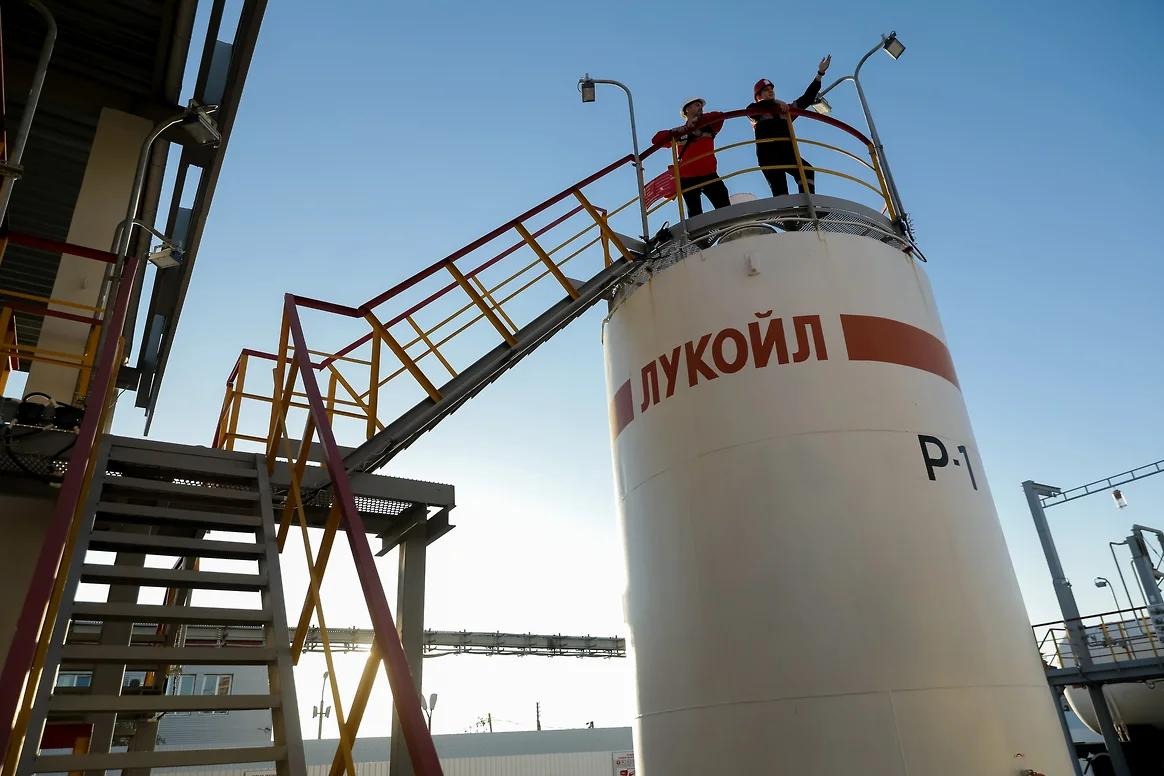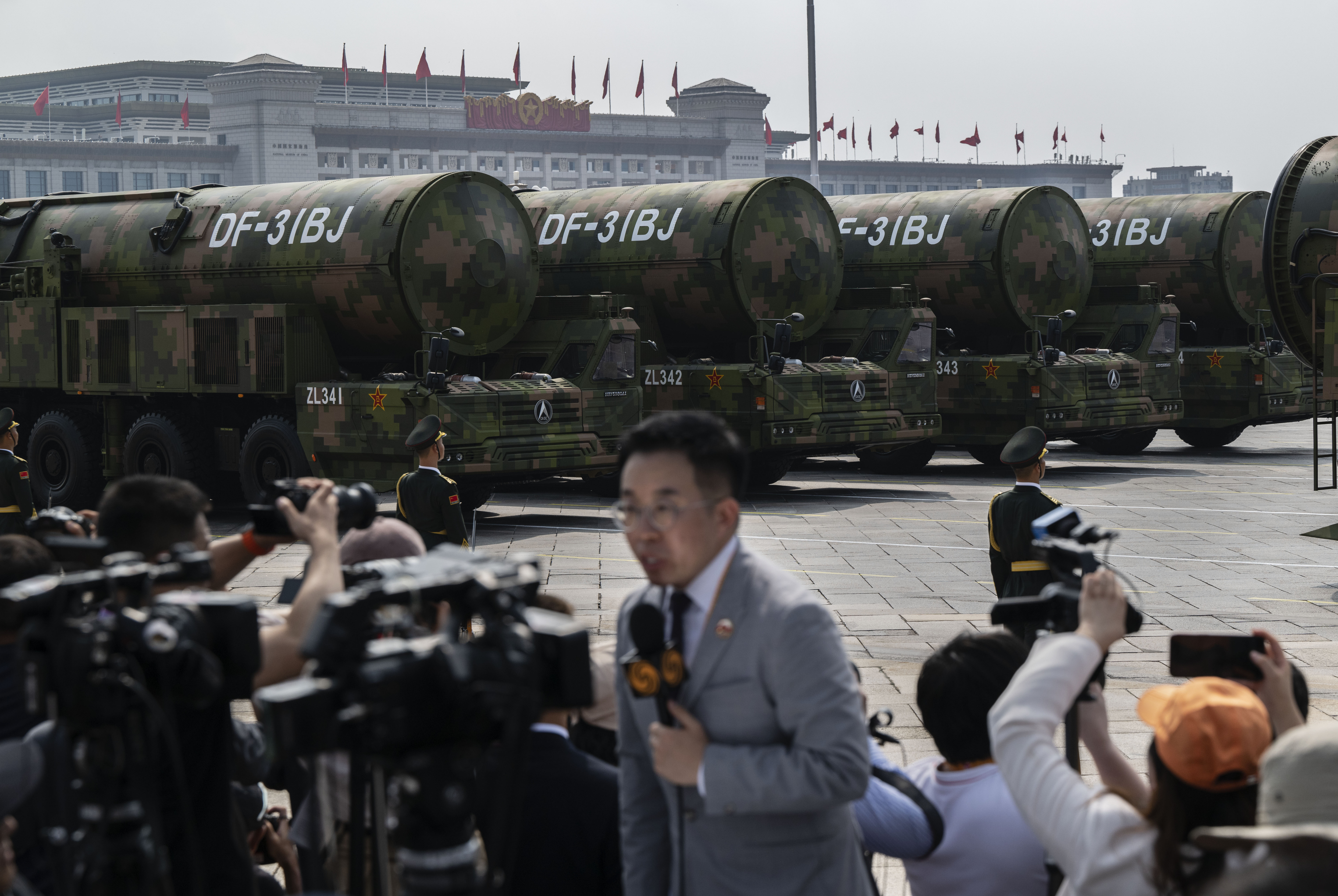HOW FAR HAS RUSSIAN DEMOCRACY COME
HOW FAR HAS RUSSIAN DEMOCRACY COME
?During the late the 1990s, the Republican opposition had also strongly criticized the Clinton administration for its coziness with Boris Yeltsin’s Kremlin and for having ignored massive corruption and the emergence of a rapacious oligarchic elite in post-Soviet Russia. Those issues now have a quaint ring to them, in no small measure thanks to the fact that the Putin administration demonstrably drove two key oligarchs–Vladimir Gusinsky and Boris Berezovsky–out of the country while undertaking various measures meant to, if not institute the rule of law, then at least to reestablish the primacy and authority of the state and governmental structures.
Yet how much has really changed in this regard? Boris Nemtsov is an erstwhile Great Hope for Russian democracy who now leads the Union of Right-Wing Forces (SPS). He said in an interview this week that there have been a great many “successes” over the last two years, including the law permitting private land sales, “revolutionary” tax reform–an apparent reference to the 13-percent flat-rate personal income tax–and steps toward judicial reform. But he also charged that Putin has chosen, instead of opting to build “European capitalism,” simply to put two oligarchs in their place (an apparent reference to Gusinsky and Berezovsky) while the remaining ones continue to rule the roost in the regions. The Putin-era ruling elite, according to Nemtsov, is essentially a coalition between Yeltsin-era officials like Kremlin chief of staff Aleksandr Voloshin and “the special services bureaucracy.” Together they comprise, in his words, a system of “bureaucratic oligarchic capitalism” that makes life difficult for small and medium-sized business while rendering impossible the formation of “a multi-million middle class.” “It’s a paradoxical thing,” Nemtsov said of Putin. “The president lowers taxes and talks about how small and medium-sized business should be given a green light…. But over the last two years, the number of people employed in this sphere decreased by 4 million.”
And if, in Nemtsov’s view, Russia’s economic system can be described as “bureaucratic oligarchic capitalism,” he suggested that things are not much better in the political realm. Nemtsov accused Putin of, among other things, centralizing budgetary and governmental powers and violating the separation of powers more generally, of presiding over the virtual total monopolization of national television, of carrying out a zachistka of both houses of parliament, and, in Chechnya itself, of “insisting with maniacal stubbornness” on an exclusively military solution to the conflict. Nemtsov, it should be noted, described himself in the interview as a “constructive” opponent of the Russian president’s policies.
One problem Nemtsov didn’t mention is crime. He might have done so, had murder not become such a commonplace event in contemporary Russia. Yet despite Putin’s putative imposition of order, killings, including contract killings, have become almost like background noise. In the past fortnight alone, an attempt has been made on the life of Smolensk Oblast’s vice governor, killing his driver and seriously wounding his bodyguard. During the same period, Aleksandr Plotnikov, co-owner of a daily newspaper in Tyumen, Siberia, who had been locked in power struggle with the other owners, was shot to death, while Andrei Petukhov, the general director of SOGAZ, an insurance company that is a subsidiary of the state-controlled Gazprom natural gas monopoly, was murdered along with his driver at a suburban Moscow dacha compound. Finally, General Vitaly Gamov, commander of the Russian border guards on Sakhalin Island in Russia’s Far East, died from burns he received during the May 21 firebombing of his apartment. That was apparently a revenge attack launched by the Russian Far East’s powerful “fishing mafia.”


